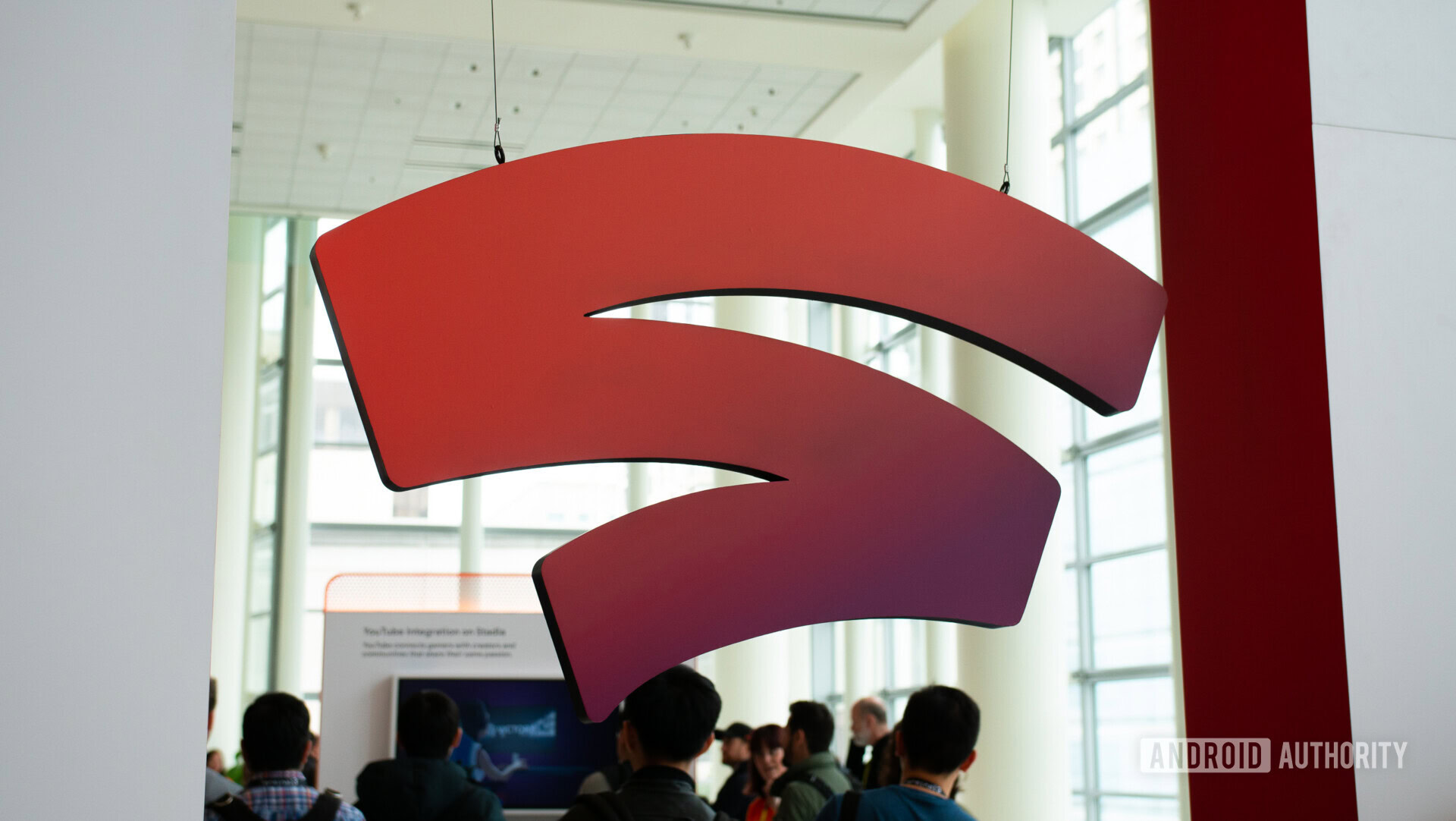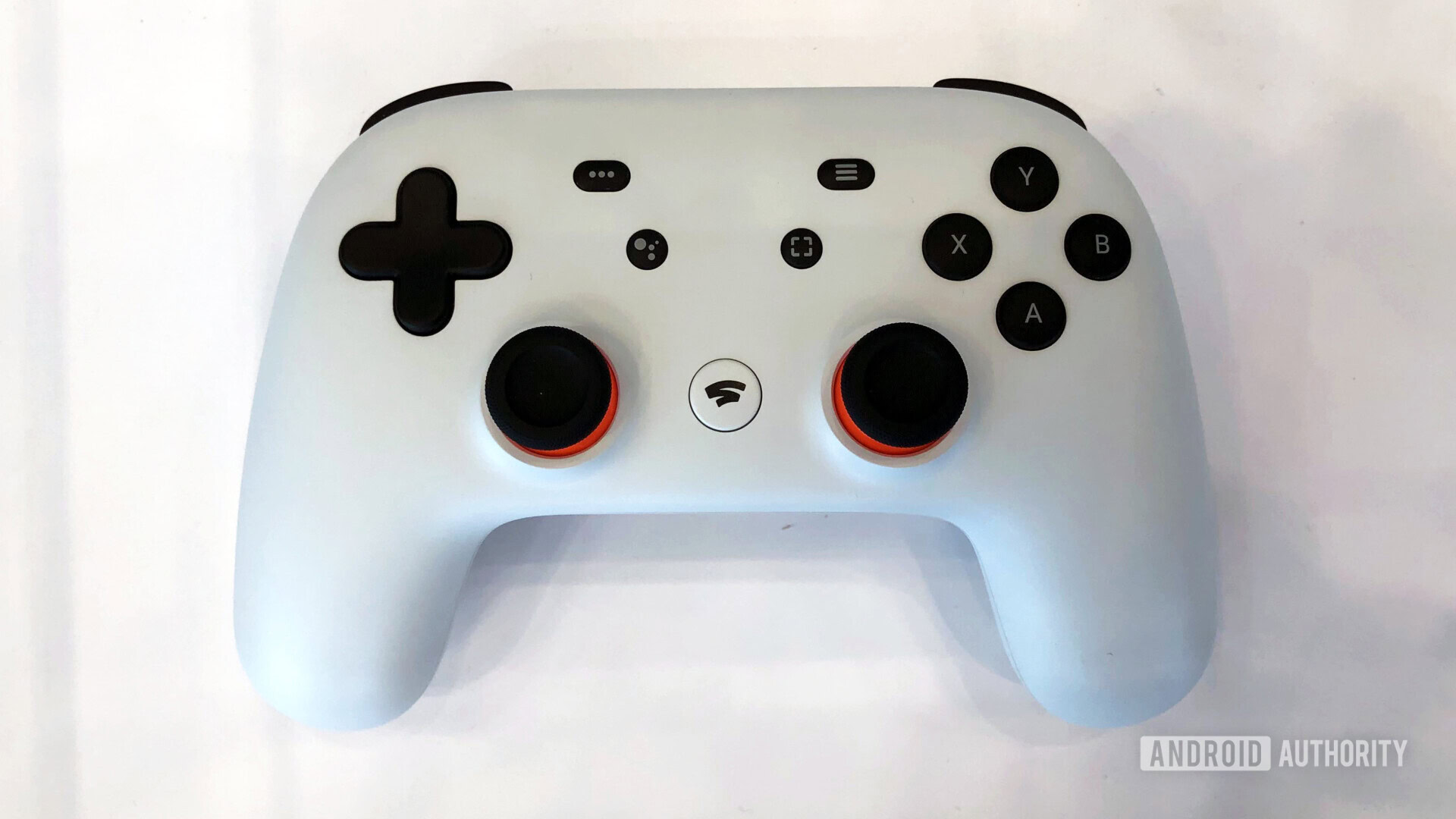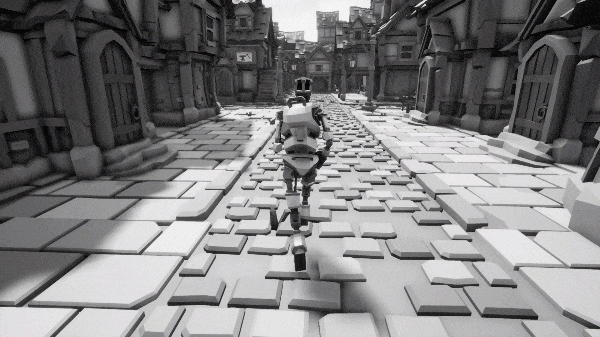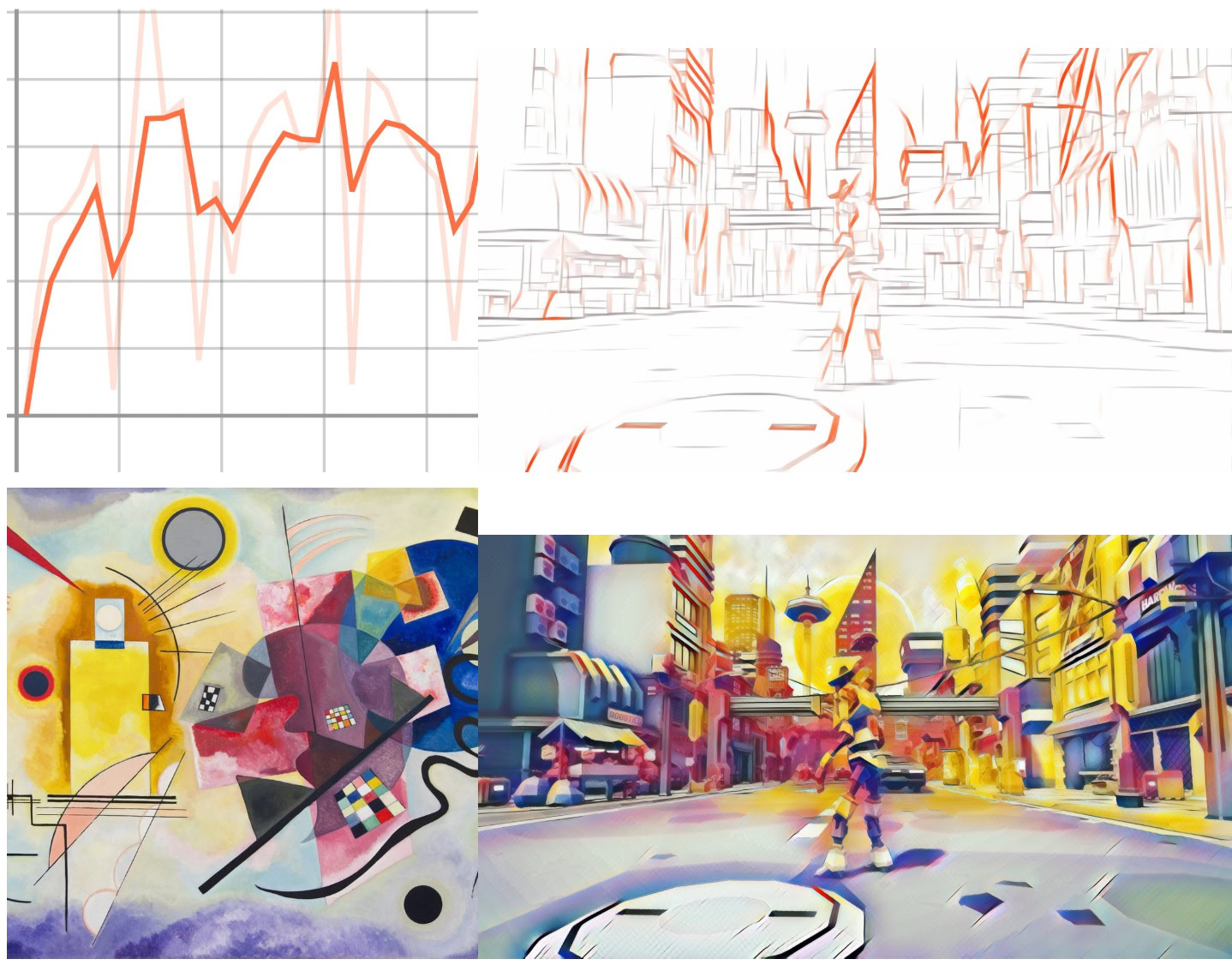Affiliate links on Android Authority may earn us a commission. Learn more.
Check out Google Stadia's machine learning potential with this slick GIF

Stadia, the video game streaming platform Google announced yesterday, has already made headlines for the consumer-facing possibilities it offers — notably, the near-instant access to video games without a dedicated console or computer system.
In a post on the Google Stadia developer blog, the company showed off how developers too could benefit from Stadia, with thanks to a machine learning tool called Style Transfer ML.

Style Transfer ML can be used to rapidly alter a game’s art style in real-time, giving developers the opportunity to trial different aesthetics with little effort. In the GIF below, you’ll see how Google used the tool it to iterate on the art style in a ‘greybox’ demo world:

While it’s possible to alter a game’s art style with development kits used on other platforms, changing the art styles for all the assets could otherwise be a laborious process. Apparently, the tool doesn’t require much groundwork either: the greybox assets Google used are available to everyone via the Unreal Engine store. The idea is that anybody could experiment in the same way with minimal fuss.
Here are a couple of other examples. On the left is the reference image used and right is it applied to the original greybox world:

Is Google onto a winner?
There are numerous hurdles Google must overcome to make Stadia a success of this. Of course, latency is one of the big concerns, as its still-to-be-revealed price structure.
Developer support could also make or break the new venture.
If Google can convince devs its platform will make the arduous game development process smoother and easier, it has a real opportunity to get them on board. That’s not to say a coarse, greybox re-skin is the be-all-and-end-all of game development. But Google has proven its machine learning prowess in other fields — if it can tap into this to create better video game development tools for Stadia, it would be a real boon.

By helping developers, we may also receive better games, faster. Google has already imagined how Style Transfer ML could inform gameplay, suggesting there could be “a game where the style changes based on the mood of the player’s character, or one where different parts of the game world or universe could have their own styles.”
More than any other Google project — including the many which failed — in recent times, I hope Stadia works out. But whether it’s a success or not, Google’s exciting ideas will at least give the gaming industry something to think about.